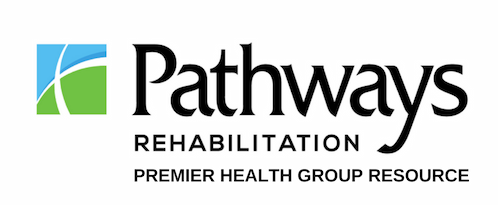Diacetylmorphine is a prescription opiate analgesic that is prescribed to patients suffering from severe, life-threatening pain and are unable to tolerate other opiates. Diacetylmorphine has been shown to be an effective adjunct treatment to heroin addiction treatment in a number of clinical studies. Studies in Europe also suggest that diacetylmorphine injectable, the main active ingredient in heroin, is an effective adjunitive treatment for relapsing, chronic, narcotic opiate dependence. This treatment also relieves the symptoms associated with opiate addiction and may result in a reduction in illicit drug use and dependence. The effects of diacetylmorphine may be different in the various settings in which it is used.

Diacetylmorphine is generally injected as a spray under the tongue, but can also be administered by injection. The amount and timing of injections are determined by the needs of the patient. Patients who are receiving medication for opiate withdrawal may be given an injection once a day. Other patients may receive an injection once a week while the frequency of injections may vary depending on the severity of the withdrawal symptoms. In general, injections are only given when the patient cannot tolerate the oral intake of medication or if the dosage of the drug being taken is being reduced or discontinued.
The treatment of patients receiving medication for opiate withdrawal using diacetylmorphine also offers many advantages over other forms of medical treatment. This treatment has shown promise for treating heroin addicts, with few reported serious side effects, compared to other forms of medical treatment such as IV or Naloxone. Diacetylmorphine also offers a more complete solution than other forms of drug addiction treatment in that it does not require the complete abstinence of the patient from all other drugs, which can cause rebound problems with these other drugs. While medication for opiate detox does not allow for complete abstinence, it does provide an avenue through which the addict may experience some degree of control over the amount and frequency of using drugs in an attempt to reduce the cravings for heroin and other drugs.
A study conducted in Japan demonstrated that diacetylmorphine was effective in the treatment of alcohol, cocaine, methamphetamine and cannabis users who were at risk for substance abuse due to their use of these substances. In this study, users of diacetylmorphine injections showed improvements in their scores on the Drug Abuse Screening Questionnaire (DASQ), indicating they had significantly reduced substance abuse symptoms. when compared to non-users of the medication who received standard opiate detox or methadone therapy.
Diacetylmorphine can also be used for the treatment of severe withdrawal symptoms resulting from drug detox, whether due to methadone or heroin. This drug has been shown to be effective in relieving physical symptoms as well as mental ones and provides the benefits of a controlled, safe, consistent dosage of opiate medication without the risk of adverse mental or physical effects, including withdrawal symptoms, that often accompany methadone or heroin detox.
Because diacetylmorphine has been shown to be effective in the treatment of heroin and opiate addiction and can reduce or even eliminate the need for traditional opiate treatment, it may prove useful in conjunction with other opiate treatment options. It can also be used as an adjunct treatment to long-term maintenance treatment plans. The use of diacetylmorphine in conjunction with other opiate treatments should be considered carefully before prescribing this drug in combination with other treatments. It may, however, be prescribed to patients already receiving opiate medication for chronic pain, due to its effectiveness in alleviating the symptoms of these illnesses.
